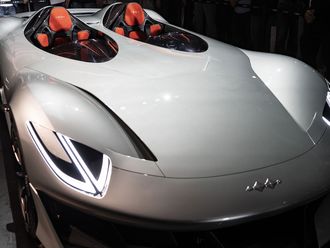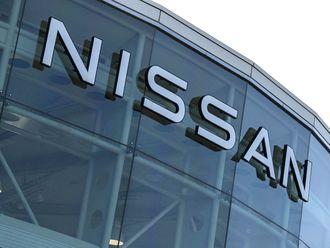Shanghai: Alibaba has been battling the perception that it is a marketplace for fakes for years. On Thursday, it made some headway, resolving a dispute with the luxury goods giant Kering.
The companies said they had resolved their differences, and Kering, which owns brands including Gucci and Saint Laurent, said it would withdraw a 2015 lawsuit charging that counterfeit goods had been sold from the Chinese e-commerce giant’s website.
They said in a statement that they would establish a task force to share information and work with law enforcement to protect Kering’s brands. The companies will also make use of Alibaba’s technology to seek out fakes.
The resolution is a victory for Alibaba, which has been on a charm offensive outside China. The company’s founder, Jack Ma, hosted a conference in Detroit this year as part of efforts to enlist more American vendors for its platforms. Ma has also met with President Donald Trump.
Alibaba has long faced accusations that its sales platforms harbour vendors selling fakes, and it has worked hard to push against that depiction. The resolution of the suit with Kering is likely to be just one part of a broader effort by the company to remove itself from the list of “notorious markets” for counterfeit goods compiled by the Office of the US Trade Representative.
The company had itself removed from the list four years ago, but was then added back last year. Kering sued Alibaba and its financial arm Ant Financial in 2015 over the prevalence of counterfeit goods on its sites. It also filed a short-lived lawsuit against Alibaba in 2014.
Unlike Amazon, much of Alibaba’s e-commerce site is dominated by marketplaces run by third-party vendors. The company has argued that it can be tricky to perfectly police such a bewildering number of small online shops, selling all manner of goods. Its situation is also made difficult by the widespread prevalence of fake goods in China more generally.
Alibaba has said it is using increasingly sophisticated technology, including artificial intelligence, to track down fakes. In a report submitted to the US trade representative last year, the Chinese company said that its systems could scan 10 million product listings a day. These checks had led it to take down 380 million suspect listings, it said, in a 12-month period.
Still, small and medium-sized businesses have said it can be hard to report fakes to Alibaba and that its systems can be clunky and prone to errors.












